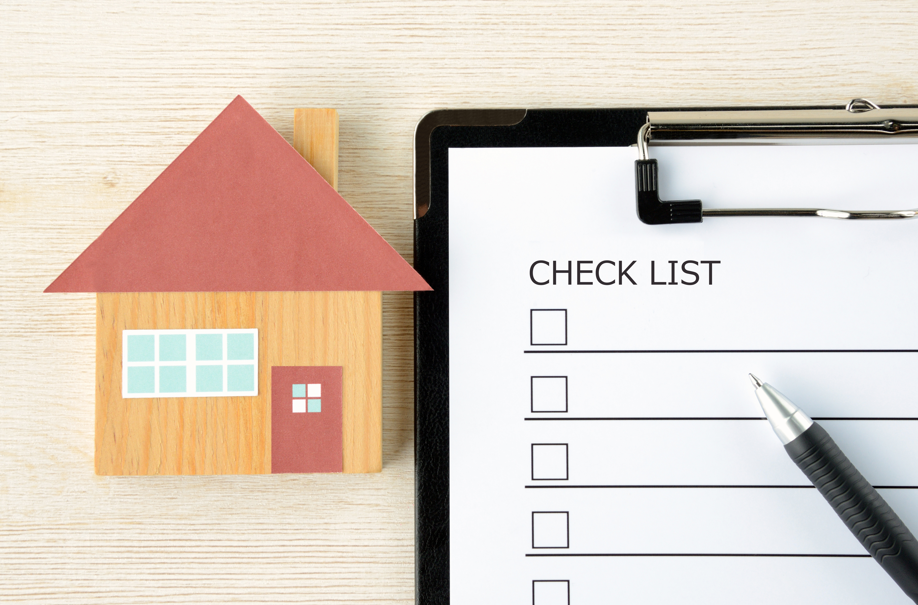Selling Your House at Auction: Everything You Need to Know
What is the process for house auctions?
Selling a house at auction involves a series of steps that can span several months. Initially, an auction house will compile a marketing catalogue, which is typically published two to three weeks before the auction date. During this period, potential buyers can arrange viewings and may commission early-stage surveys to identify any structural issues. Open houses might also be arranged to facilitate viewings. Prospective buyers can request a comprehensive legal pack to understand the legal details of the property.
Each property will have a guide price listed in the catalogue, representing what the auction house believes it could fetch on the open market. However, sellers can set a reserve price, which is the minimum amount they will accept. This reserve price is usually confidential and ensures the property isn’t sold for less than its worth.
Can any house be auctioned?
Not every property is suitable for auction. Houses that might struggle to sell on the open market could fare better at auction. Properties needing significant renovation or those with unique features may attract developers and investors who see potential where others might not. If your property fits this profile, auctioning could be a viable option.
Selling a property at auction
If you opt to sell at auction, selecting the right auction house is crucial. Choose one that's a member of the National Association of Valuers and Auctioneers (NAVA) to ensure adherence to best practices. Auctions can be held in person or online, allowing for broader participation.
On auction day, potential buyers receive a bidding number for identification during the process. If they can't attend, proxy or online bids can often be arranged. Once the hammer falls on a winning bid, the buyer typically pays a 10% deposit immediately, with the remaining 90% due within 28 days.
How much will it cost to sell my house at auction?
Selling a house at auction involves several costs. These are transparent but can add up. Common expenses include:
- Entry Fee: A flat fee for including your property in the auction catalogue, payable at the point of instruction to sell
- Auction Commission: Generally around 2.5% of the sale price plus VAT. Additional charges for advertising and marketing may apply
- Auction Legal Pack: Your solicitor will prepare a pack detailing essential information for potential buyers
- Conveyancing Fees: Standard fees for the legal process once a sale is completed
- Other Legal Fees: Typical administration costs associated with conveyancing
Online house auctions
Online property auctions have become more popular, especially when in-person events are restricted. These can operate like eBay auctions with a set bidding period or as live events. The same rules apply regarding reserve prices, guide prices, and maximum bids. Catalogues are published beforehand, and viewings can be arranged. Unsold properties may still receive bids post-auction.
What if your property doesn't sell?
If your property doesn’t meet the reserve price, it becomes an unsold lot. This doesn't end your chances of selling; the auction house may still invite offers from interested parties post-auction.
Is auctioning your house right for you?
Consider auctioning your house if:
- You need a quick sale, perhaps for probate or investment reasons
- The property requires significant refurbishment or modernization
- It has niche interest or commercial demand
The upside of property auctions
- Chain-free Sale: Auctions can ensure a quick, chain-free sale.
- Legal Obligation: Buyers must complete the purchase within 28 days.
- Competitive Bidding: Could drive up the sale price.
The downside of property auctions
- Fees: Auction and solicitor fees are payable even if the property doesn’t sell.
- Commission Costs: Auctioneer commissions can be higher than estate agent fees.
- Fast Move Required: You must vacate quickly once the property sells.
- Final Sales: All sales are final once the hammer falls.
Our best tips for selling a property at auction
- Set a Realistic Reserve Price: Ensure it reflects the current market.
- Verify Catalogue Listings: Double-check your property’s details to avoid deterring buyers.
- Choose a Reputable Auction House: Ensure they have experience with your property type.
- Prepare Your Property: Make it presentable for potential buyers during open days.
How Haybrook can help you sell
If auctioning seems daunting, Haybrook is here to help you navigate the selling process. Our experts cover extensive areas and provide market appraisals to get you started. Contact Haybrook today for a free valuation and learn more about our tailored property selling services.








